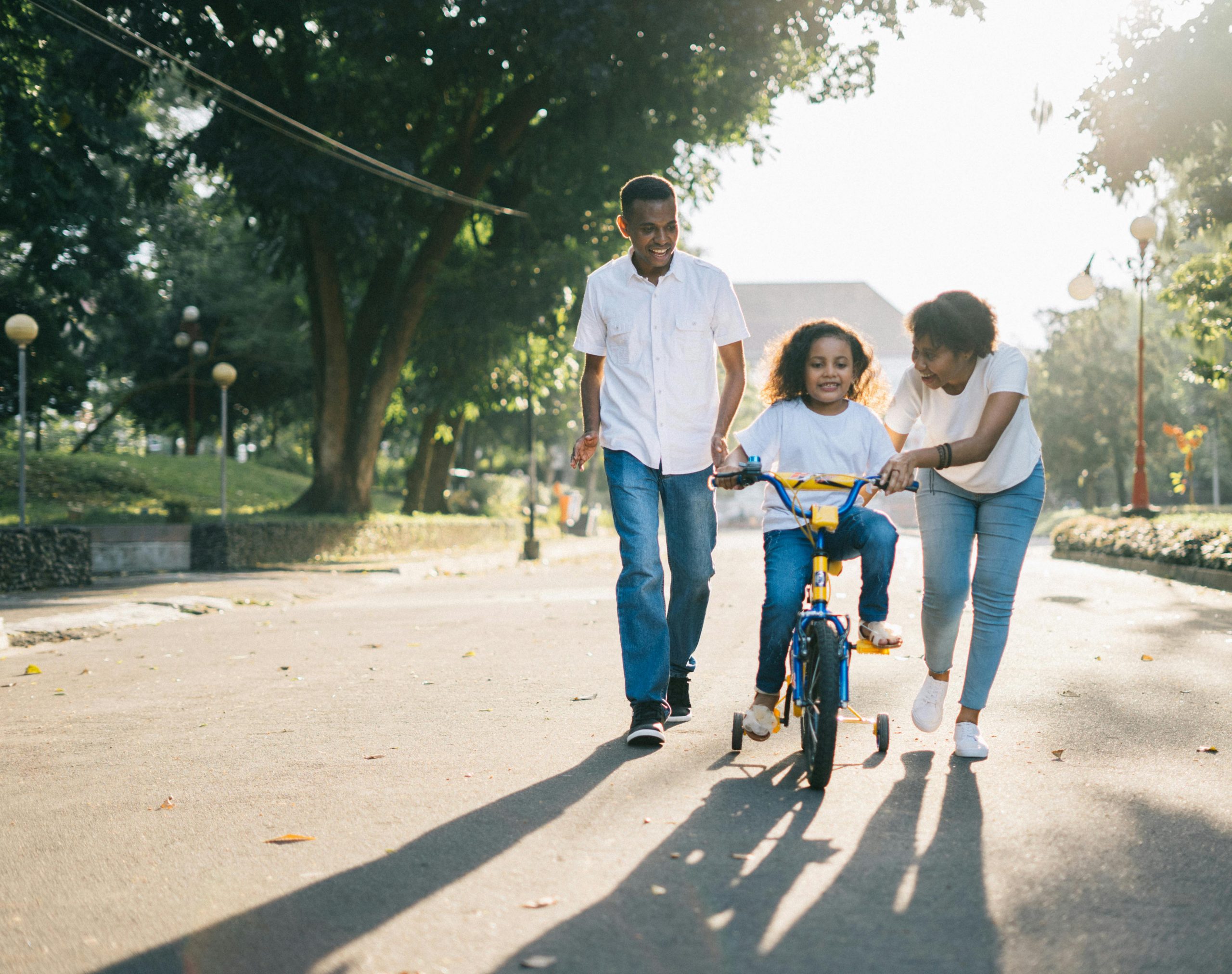In a world overflowing with distractions and endless choices, embracing a Minimalist lifestyle can be transformative. It’s not just about decluttering your home or wardrobe—it’s a mindset that enables you to focus on what truly matters, cultivate meaningful relationships, and achieve clarity in every aspect of life. By consciously simplifying, you create space for experiences, purpose, and peace.
Understanding the Minimalist Lifestyle
What Is a Minimalist Lifestyle?
A minimalist lifestyle revolves around intentional living—choosing quality over quantity, experiences over possessions, and meaningful priorities over societal expectations. It encourages evaluating every item, commitment, or habit and determining if it aligns with your values and long-term goals. Minimalism isn’t about deprivation; it’s about making room for what adds value to your life.
Benefits of Adopting Minimalism
Adopting a minimalist lifestyle can have profound effects:
- Reduced stress: Less clutter and fewer obligations mean a calmer mind.
- Financial freedom: Spending intentionally reduces debt and unnecessary purchases.
- Environmental impact: Fewer possessions mean less waste and a smaller carbon footprint.
- Increased focus: Simplifying your surroundings enhances productivity and creativity.
Prioritizing Your Physical Space
Simplifying Your Home
Your home is a reflection of your lifestyle. Begin by evaluating your living space: keep only items that serve a purpose or bring joy. Organize closets, cabinets, and storage areas by removing duplicates or unused items. Minimalism in home design emphasizes clean lines, neutral colors, and functional spaces that reduce visual clutter and promote tranquility.
Curating a Minimalist Wardrobe
A minimalist wardrobe focuses on versatility and quality. Choose pieces that mix and match easily, favor timeless designs over trends, and select durable fabrics. The capsule wardrobe approach—having a limited collection of essential clothing—can save time, reduce decision fatigue, and enhance your personal style.
Managing Digital Clutter
A minimalist lifestyle extends to your digital world. Clear unused apps, organize files, and unsubscribe from unnecessary emails. Limiting social media usage and notifications can improve focus, reduce stress, and free up valuable time for meaningful activities.
Prioritizing Your Time and Commitments
Identifying Core Values
Understanding your values is key to prioritizing what truly matters. Reflect on your goals, passions, and relationships. When decisions align with your values, you eliminate distractions and dedicate energy to pursuits that provide genuine satisfaction.
Learning to Say No
Minimalism in time management means protecting your schedule. Politely declining obligations that do not align with your priorities helps you focus on meaningful commitments. This practice fosters deeper connections, personal growth, and more intentional living.
Streamlining Daily Routines
Simplify daily routines to reduce mental and physical clutter. Meal prep, plan weekly schedules, and establish morning or evening rituals. By optimizing routines, you gain control over your time and create space for rest, creativity, and reflection.
Cultivating a Minimalist Mindset
Mindful Consumption
A minimalist lifestyle emphasizes mindful consumption. Consider the impact of each purchase, from environmental consequences to personal value. Avoid impulsive buying and focus on quality items that serve multiple purposes or hold significant meaning.
Embracing Experiences Over Things
Minimalism encourages investing in experiences rather than possessions. Travel, hobbies, and social connections enrich life in ways material goods cannot. Experiences create lasting memories, enhance well-being, and contribute to personal growth.
Practicing Gratitude
Gratitude is central to minimalism. Appreciating what you have reduces the desire for excess and fosters contentment. Regularly reflecting on your achievements, relationships, and simple pleasures nurtures a sense of fulfillment and purpose.
Minimalist Lifestyle and Mental Well-being
Reducing Stress and Anxiety
Clutter and overcommitment often lead to mental fatigue. By simplifying your surroundings and responsibilities, you create a calming environment that reduces stress and anxiety. A minimalist lifestyle encourages clarity, focus, and emotional balance.
Fostering Creativity and Focus
With fewer distractions, your mind has more capacity for creativity and problem-solving. Minimalism enhances focus by eliminating unnecessary stimuli, allowing you to engage deeply with meaningful tasks and passions.
Building Meaningful Relationships
Minimalism extends to social life. Prioritize relationships that are supportive, inspiring, and aligned with your values. Reducing superficial connections frees time and emotional energy for those who truly matter.
Practical Steps to Begin Your Minimalist Journey
Declutter Gradually
Start with small areas—drawers, closets, or a single room. Gradual decluttering prevents overwhelm and encourages sustainable habits. Ask yourself if each item adds value or joy before deciding to keep it.
Create a Capsule Wardrobe
Select essential clothing items that match your style and are versatile. Limit unnecessary purchases and prioritize quality, comfort, and longevity.
Simplify Your Schedule
Evaluate your weekly commitments and remove non-essential activities. Focus on high-impact tasks and meaningful experiences that align with your values.
Implement Mindful Spending
Before making purchases, reflect on necessity, durability, and personal value. Prioritize experiences, essentials, and items that support long-term goals.
Practice Mindfulness Daily
Incorporate meditation, journaling, or reflective practices to enhance awareness of your surroundings, choices, and mental state. Mindfulness reinforces the minimalist mindset and promotes intentional living.
Embracing Minimalism as a Lifestyle Choice
Adopting a minimalist lifestyle is a continuous journey rather than a one-time task. It requires reflection, conscious choices, and ongoing adjustments. By simplifying your possessions, routines, and commitments, you create space for what truly matters—relationships, personal growth, and meaningful experiences. The rewards include clarity, focus, reduced stress, and a more intentional, fulfilling life.
Transitioning to minimalism is not about perfection; it’s about prioritizing value over excess. By gradually integrating these principles, you cultivate a life that aligns with your values, enhances well-being, and empowers you to live intentionally every day. Embrace minimalism today, and discover the profound impact of focusing on what truly matters.
